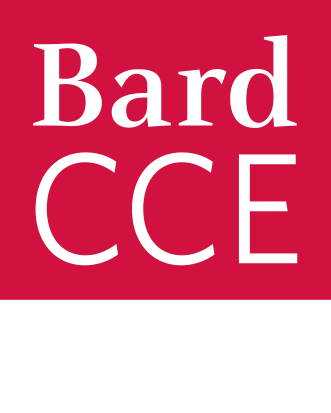12-13-2019
11-26-2019
11-26-2019
11-22-2019
11-22-2019
11-21-2019
11-20-2019
11-06-2019
10-30-2019
10-29-2019
10-17-2019
10-16-2019
10-16-2019
09-27-2019
09-17-2019
09-13-2019
09-12-2019
07-31-2019
05-15-2019
05-15-2019
05-15-2019
05-14-2019
05-02-2019
04-24-2019
04-24-2019
04-22-2019
03-20-2019
03-20-2019
03-20-2019
03-15-2019
03-12-2019
Results 1-31 of 31
